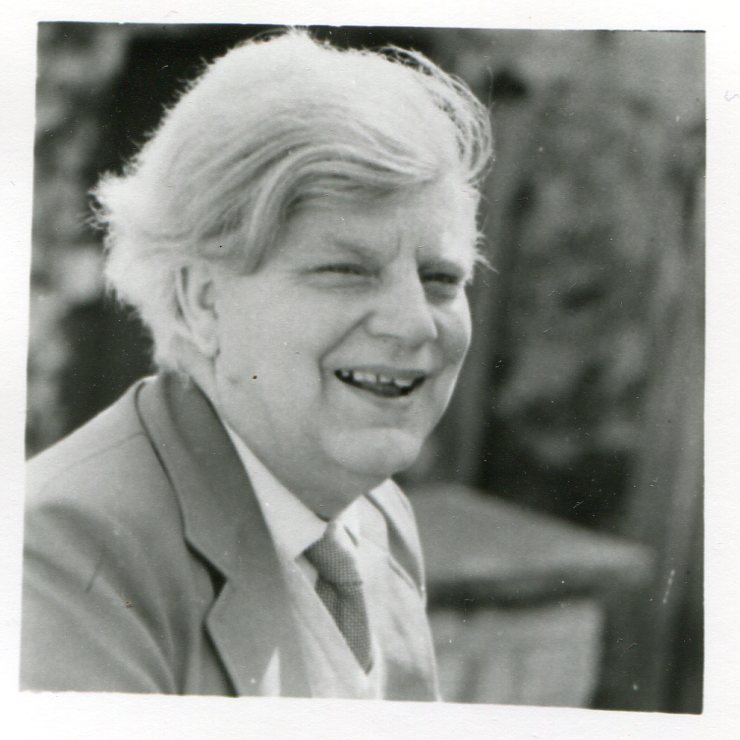
Professor Sir Michael Dummett (1925-2011), the great philosopher and social activist, made many important contributions to philosophy of mathematics, philosophy of logic, philosophy of language, and metaphysics. His most celebrated achievement was his new way of treating the distinction between Realism and Anti-Realism. Dummett’s views were partly influenced by Frege and Wittgenstein – indeed his 1973 book on Frege helped to make Frege’s thought central to modern philosophy.
‘He was one of the most important philosophers of the English-speaking world in the second half of the 20th century. Wykeham Professor of Logic in the University of Oxford, he was enormously influential through major publications and supervision of many outstanding graduate students. He also played a significant role combatting racism, and when he was knighted it was “for Services to Philosophy and to Racial Justice”. He was a world authority on voting procedures, a study of the problem of ensuring fair results as free as possible from distortion by tactical voting’ (Independent obituary).
‘Of all the British philosophers who came to prominence in the latter half of the 20th century, Michael Dummett had the most powerful mind. Even rivals in the competitive world of academic philosophy acknowledged his pre-eminence. When, in 1978, Dummett was elected to succeed A.J. Ayer as Wykeham Professor of Logic at Oxford, a friend of J. L. Mackie’s suggested that he should regret having been overlooked. Mackie, who had occupied three chairs of philosophy elsewhere before returning to Oxford as a college tutor, would indeed have been a worthy successor to Ayer, but he refused to repine: “Don’t be silly,” he replied to the friend. “I am a very good analytic philosopher, but Dummett is a genius”’ (Times obituary).
